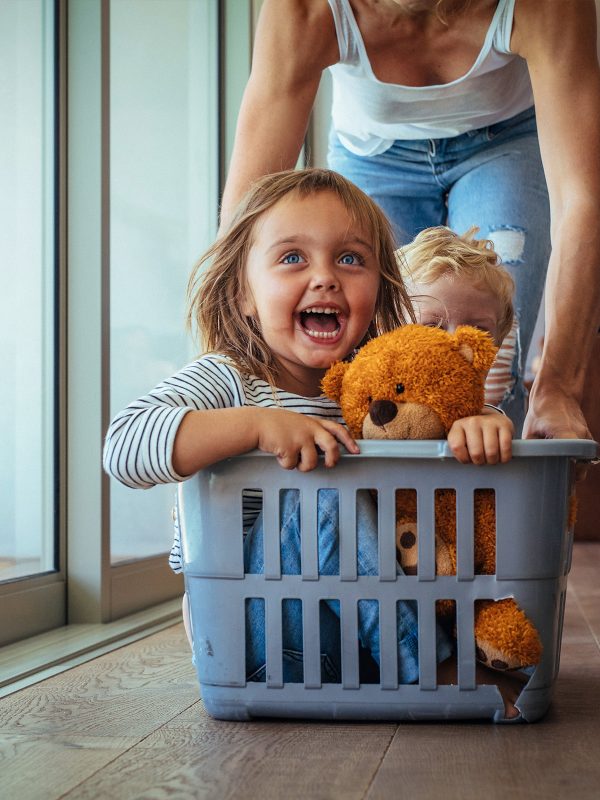About foster care and kinship care
See a child thrive, flourish and prosper
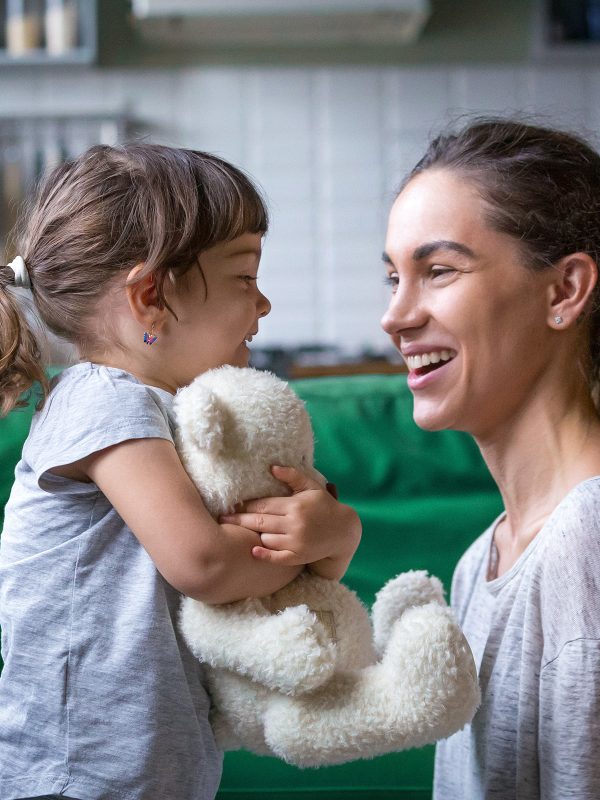
On this page:
Becoming a foster or kinship carer can enrich your life.
There are lots of different options for providing foster care, depending on your lifestyle and needs. We’re here to support you from your first call or email.
We provide training, answer your questions, and offer you ongoing support through our Foster Care team.
Even if you don’t think you’re ready to become a carer, we’d love to talk with you about what’s involved. Start the conversation today by making a quick and easy enquiry.
Need support with Foster Care?
Call for a friendly chat:
Need support with Foster Care?
Call for a friendly chat:, call now:
13 22 78
Understand your options or get your questions answered. We can help at any stage of the process, and you have no obligations at any point.
How do I become a foster carer?
There are six basic steps you need to follow.
They are:
- Get in touch to register your interest, by using this form
- Attend an information session
- Attend ‘Shared Lives’ training
- Complete your accreditation
- Take part in home visits and assessments
- Get ongoing support as you provide care.
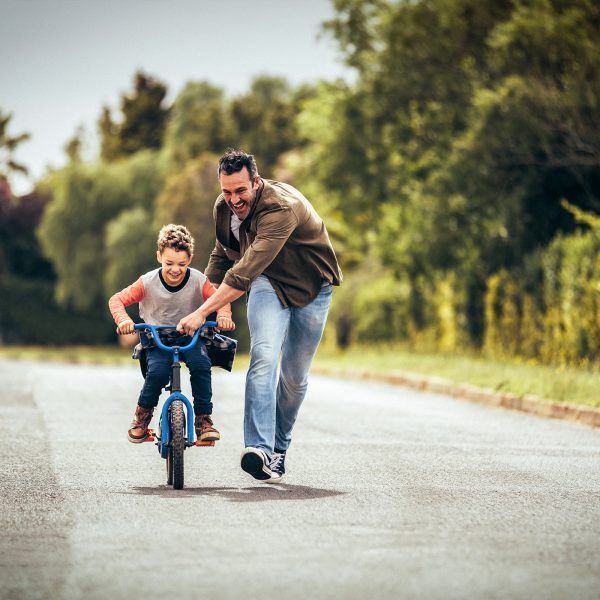
Foster care in Tasmania
In Tasmania:
We offer foster care services right across the state, including King and Flinders Islands.
In Tasmania, there is currently a need for foster carers in the following categories:
- Emergency and overnight care: which provides accommodation and care for a child or young person in an emergency.
- Weekend respite: looking after children and young people living with a foster care family for occasional or regularly scheduled weekends.
- Short-term care: which ranges from a few days to a few months, depending on the child or young person’s needs.
- Long-term care: when the child or young person is not expected to return to their family.
Some people need more room than others to develop and grow. We are also looking for carers in rural areas. If you have a rural or large property and are willing to become a foster carer, your ability to help children develop a relationship with nature will be highly valued.
To start the conversation in Tasmania, you can:
- Enquire using this form
- Call 0417 196 605
- Email: fostercareTAS@baptcare.org.au
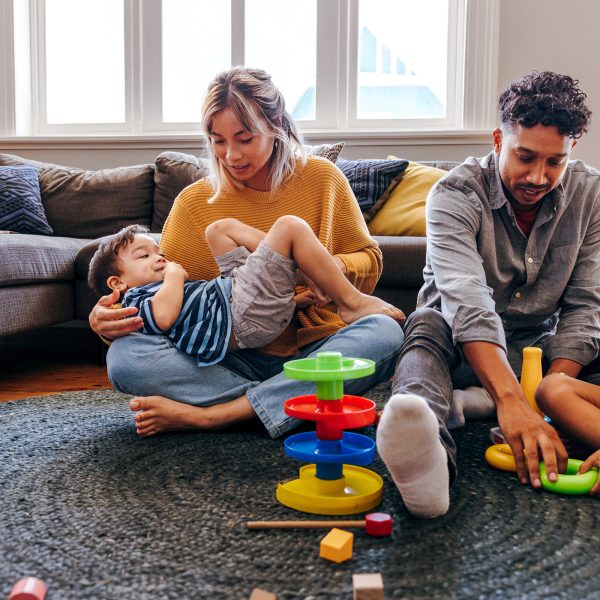
Foster Care in Victoria
In Victoria
We cover the western metropolitan districts of Melbourne.
If you live somewhere outside of these districts, we can help you to get in contact with the right foster care agency.
In Victoria, there is currently a need for foster carers in the following categories:
- Emergency care: provide care for a child to help protect them from risk in their own home.
- Short-term or long-term care: provide care for a child in your home for up to six months, or for longer than six months.
- Respite care: look after children or young people for a short time to provide primary carers or long-term foster carers with a break so they can recharge.
With growing diversity in our community, we are looking for people from diverse backgrounds who are interested in becoming foster carers.
To start the conversation in Victoria, you can:
- Enquire using this form
- Call 03 9373 3800
- Email: fostercareVIC@baptcare.org.au
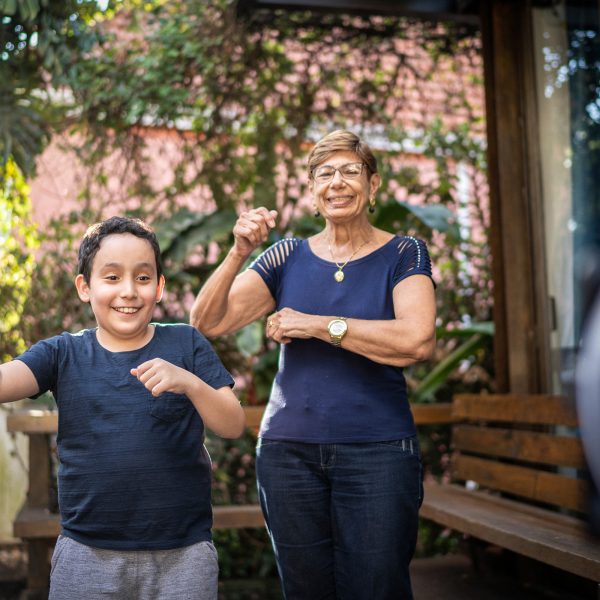
Maintaining connections with family
What is Kinship Care?
Kinship Care is similar to foster care, but slightly different. Kinship care is where children or young people are placed with a family member, a friend of the family, or someone in the young person’s community. This happens when the young person is not able to stay at home with their parents.
We provide Kinship Care services in Tasmania and Victoria. The programs run differently in each state.
Frequently asked questions
-
You will need to undergo police and working with children checks, as well as complete training on caring for children in foster care. You’ll be guided through the process every step of the way. We understand if at any stage you decide foster caring isn’t for you, or the timing just isn’t right – there are no hard feelings.
-
Many of our carers have children of their own and are accredited based on the best fit for their family. We provide information and training to all your household members, including biological children. Fostering can be a wonderful learning experience for the whole family.
-
You will receive personalised guidance throughout the application process from one of our staff members. Once accredited, you’ll have access to 24/7 support. Additionally, you will receive ongoing training, both for your own development and tailored to the needs of the young person you are caring for.
For more information, visit the Foster Care Association of Victoria or Foster and Kinship Carers Association of Tasmania.
-
Every placement is different, but carers do receive a standard carer reimbursement payment. Allowances and benefits are also available from Services Australia for accredited foster and kinship carers.
For more information, visit Victorian Government DFFH or Department for Education, Children and Young People.
-
You’re accredited based on the age, gender, and type of care you choose to provide. Our staff will always call you to discuss a placement before it goes ahead.
-
That really depends on the needs of the child and what the situation is. Care could be needed for as little as one night or until they turn 18. This also works around your availability and desire to care.
-
We understand that personal circumstances can change. Sometimes our carers take time off, move interstate, or focus on having children of their own. It’s as simple as making a call to your case worker to discuss your needs and keeping them involved so they can make alternative arrangements for the child in your care.
-
Just as you have been screened and assessed as a suitable carer, we are assessed and monitored by the Government to ensure we are a suitable organisation to care for children. You might hear this process referred to as licensing, accreditation, registration, or certification.
Victorian Foster Carer Charter
Tasmanian Out-of-Home Care Standards -
The criteria for the licensing of a foster care service vary between states but mainly focus on the ability to:
- Provide information to children, particularly about accessibility, policies and procedures, complaints, and appeals processes
- Ensure children participate in decisions affecting them and are involved in services they receive
- Uphold the rights of children
- Keep children connected to family, and involve families in their children’s lives
- Keep children connected to their culture and identity
- Comply with standards for care environments
- Recruit, assess, train, approve, support, monitor, and supervise carers
- Manage children’s records
- Maintain records about carers, employees, contractors, and volunteers
- Maintain reporting systems, particularly breaches of standards, and incidents involving harm to children
- Meet guidelines relating to financial management.
Still have questions?
If you have any questions about foster care — we’re always here and happy to help. Call our Tasmanian Foster Care team on 0417 196 605 or our Victorian Foster Care team on 0409 591 895.
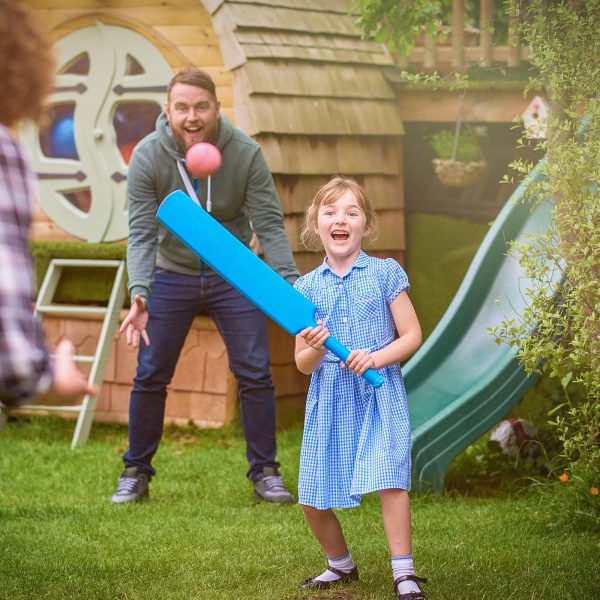
Prefer to talk with someone?
Call us today! We’ll connect you with an experienced specialist who can help you with any questions you may have about foster and kinship care.
You can express your interest in becoming a foster or kinship carer by submitting this form.
